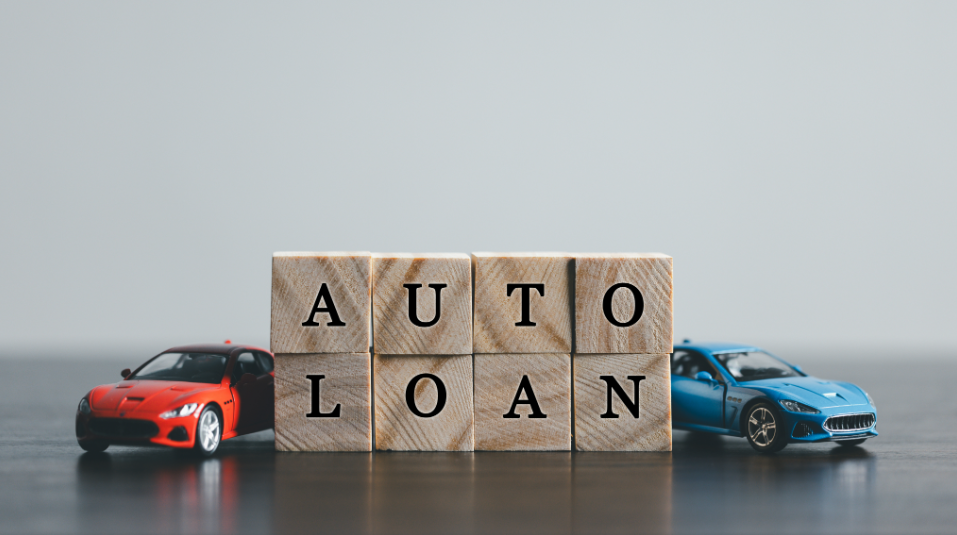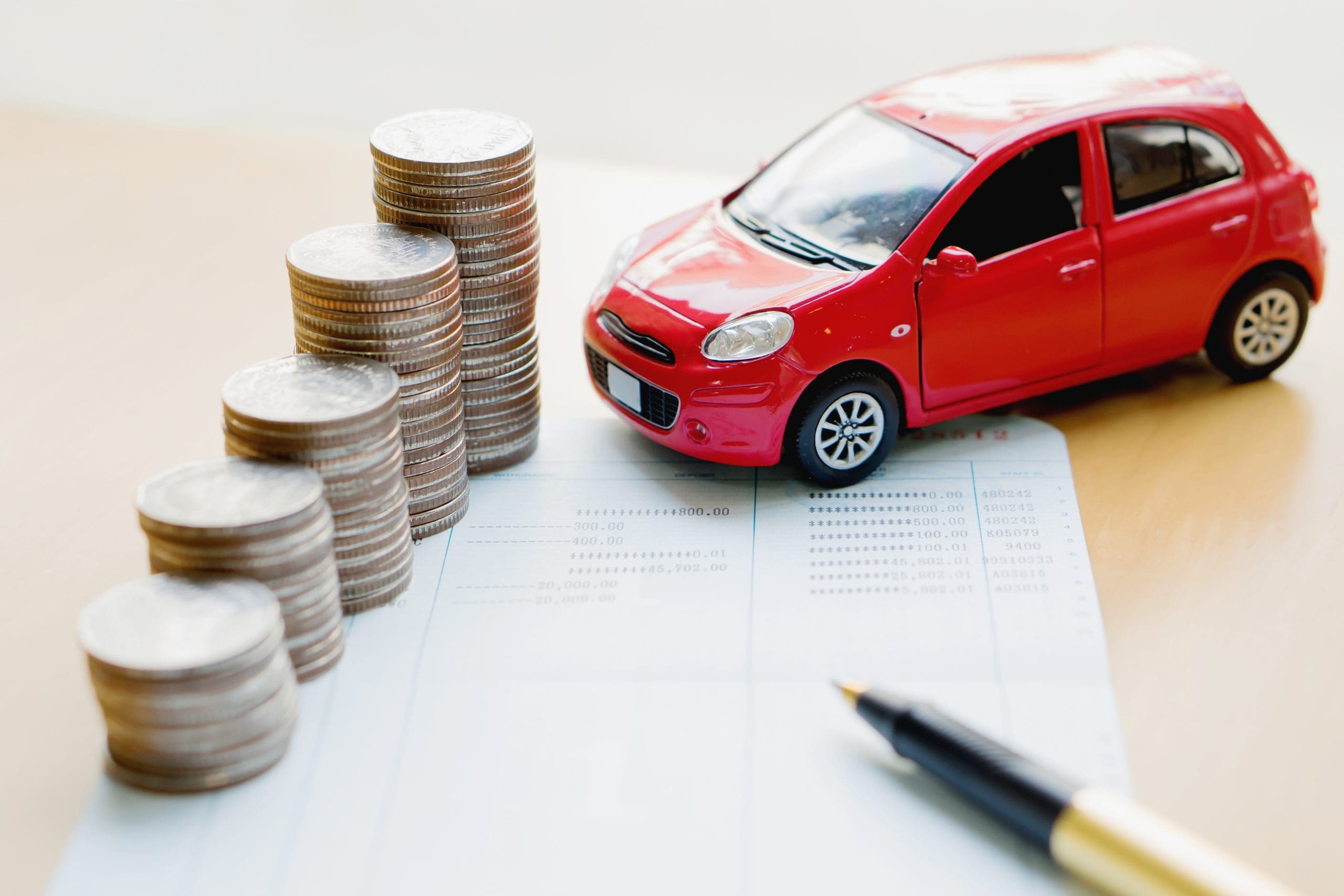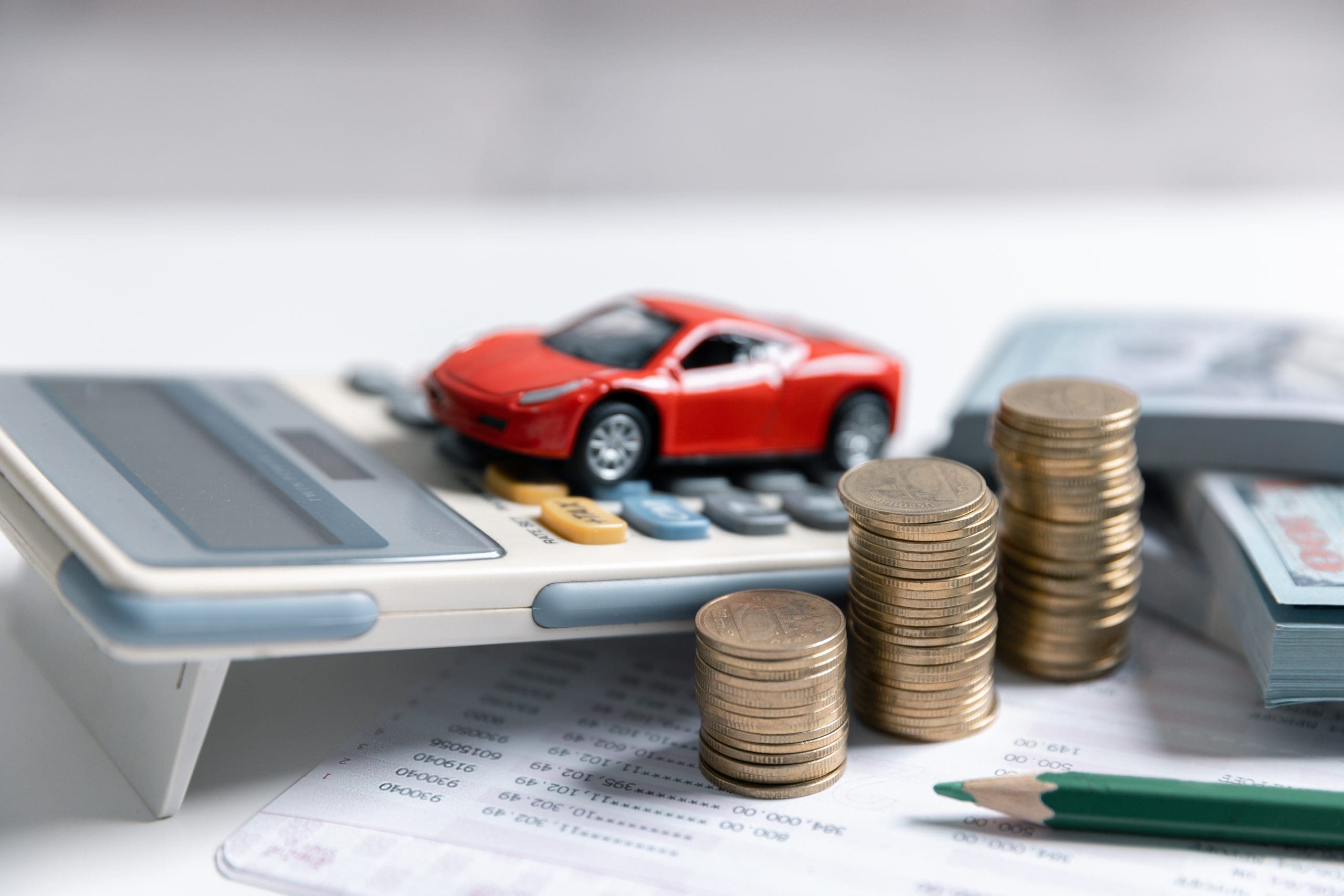Are you looking to boost your credit score? One surprising option is taking out an auto loan. Yes, you heard that right! Rebuilding your credit score with an auto loan can be a smart and effective strategy.
When it comes to credit repair, many people overlook the power of a car loan. But here’s the deal: by taking out an car loan and making timely payments, you can demonstrate your responsibility and commitment to lenders. This helps rebuild your credit score and can open doors to better financing options in the future. It’s like hitting two birds with one stone!
Now, you might be wondering how to approach this process wisely. It starts with finding the right car dealership that offers special financing programs tailored to individuals with lower credit scores. These programs often have more flexible approval criteria, so don’t be discouraged if your credit history isn’t perfect. Plus, some dealerships even report your payment activity to credit bureaus, giving your credit score a well-deserved boost. So, if you’re ready to revamp your credit score, keep reading for some practical tips and guidance on how to rebuild your credit score with an auto loan.
Understanding Credit Score and Car Loan
Your credit score is a three-digit number that reflects your creditworthiness and is based on information from your credit reports. These reports contain important details about your credit history, categorized into factors determining your credit score.
One significant advantage of a car loan in rebuilding your credit is that it adds weight to specific factors in your credit reports. For instance, payment history, credit mix, and new credit are impacted the most by an auto loan. Your payment history, which accounts for a substantial 35% of your credit score, is positively influenced by making timely payments on your car loan. These payments are reported to national credit bureaus and improve your credit score. However, missed or late payments can have the opposite effect and quickly lower your credit score.
Another factor contributing to your credit score is your mix of credit. Different types of credit accounts, such as revolving credit (like credit cards) and installment credit (like car loans), demonstrate your ability to handle various financial obligations. A car loan falls under the installment credit category, which carries more weight than revolving credit. By responsibly repaying your car loan, you can add variety to your credit mix and have a positive impact on your credit scores.
Rebuilding Your Credit Score With a Car Loan
Rebuilding your credit score through a car loan can be a smart way to demonstrate responsible financial behavior. Here are some steps to follow:
Check Your Credit Report
It’s a good idea to start improving your credit score by reviewing your credit report. This report can give you an insight into your financial standing and help you identify any errors that may negatively affect your score. Your credit report is like a report card that reflects your financial behavior, including your payment history, credit utilization, and any outstanding debts or missed payments. By understanding where you stand, you can develop a plan to improve your credit score and increase your chances of getting approved for a favorable car loan.
Set a Realistic Budget
Before diving into the auto loan application process, it’s crucial to take a step back and assess your financial situation. Understanding your budget and determining how much you can realistically afford to pay each month is key. Nobody wants to be burdened by unmanageable monthly payments that leave little room for other expenses. Remember, an car loan is a long-term commitment, typically spanning several years. So, it’s important to be realistic about your financial capabilities and choose a loan amount that aligns with your budget.
Shop Around for the Best Loan
Finding the right car loan can significantly impact your journey to rebuilding your credit score. To ensure you get the best deal, shopping around and comparing offers from different lenders is essential. Researching a variety of options allows you to explore both traditional lenders, such as banks and credit unions, as well as bad credit car dealerships.
When comparing loan offers, focus on each lender’s interest rates and terms. The interest rate directly affects the total amount you’ll pay over the life of the loan, so finding a competitive rate can save you significant money in the long run. Additionally, consider the loan term and any additional fees or charges associated with the loan. Understanding the full picture of each offer empowers you to make an informed decision and choose the loan that best fits your needs.
Apply for Pre-Approval
Applying for pre-approval with multiple lenders before buying a car is a good idea. This way, you can find out what interest rates you qualify for without hurting your credit score. By comparing the offers from different lenders, you can choose the best one. Pre-approval also gives you an advantage when negotiating the purchase of a car.
Make On-Time Payments
Making timely payments is a crucial strategy for rebuilding your credit score. Once you obtain the loan, it is important to stay committed to making payments on time. Your payment history is significantly important in determining your credit score. Therefore, consistently paying on time can positively impact your score over time.
Rebuilding your credit score requires time and consistency. Making on-time payments with your car loan lays a strong foundation for a better credit profile. Over time, this can lead to better loan terms and increased financial opportunities.
Monitor Your Credit Score
It’s important to monitor your credit score regularly so you can keep track of your progress and see how your loan payments are affecting your score. This also allows you to spot and correct any errors or discrepancies on your credit report. As you make timely payments on your auto loan, you should gradually see improvements in your credit score over time. This positive trend can help keep you motivated and focused on your journey to rebuild your credit.
In a Nutshell
Rebuilding your credit score with an auto loan can be a smart and effective strategy for improving your creditworthiness. By taking out a car loan and making timely payments, you can demonstrate your responsible financial behavior, positively impact your credit score, and open doors to better financing options in the future. It’s essential to start by reviewing your credit report, setting a realistic budget, shopping around for the best loan, applying for pre-approval, making on-time payments, and monitoring your credit score regularly. With time and consistency, rebuilding your credit score through a car loan can lead to a better financial future.
Looking for a “bad credit dealership” or “bad credit dealership near me “? Look no further than 800 Bad Credit! At 800 Bad Credit, we specialize in helping customers with less-than-perfect credit find the right car loan. With over 14 years of experience, our team has helped thousands of customers secure the financing they need to get behind the wheel of a quality pre-owned vehicle. Whether you’re looking for a “car dealership for bad credit” or “zero down bad credit car loans”, we’ve got you covered.
Our team will work with you to find the best financing options available so you can drive away in the car of your dreams. With millions of dollars in new and pre-owned inventory, we take the guesswork out of what to do next once you have an approval. So why wait? Visit 800 Bad Credit at 2620 Kietzke Lane, Reno, Nevada, 89502, or apply through our website. Let us help you get behind the wheel of a quality pre-owned vehicle.









